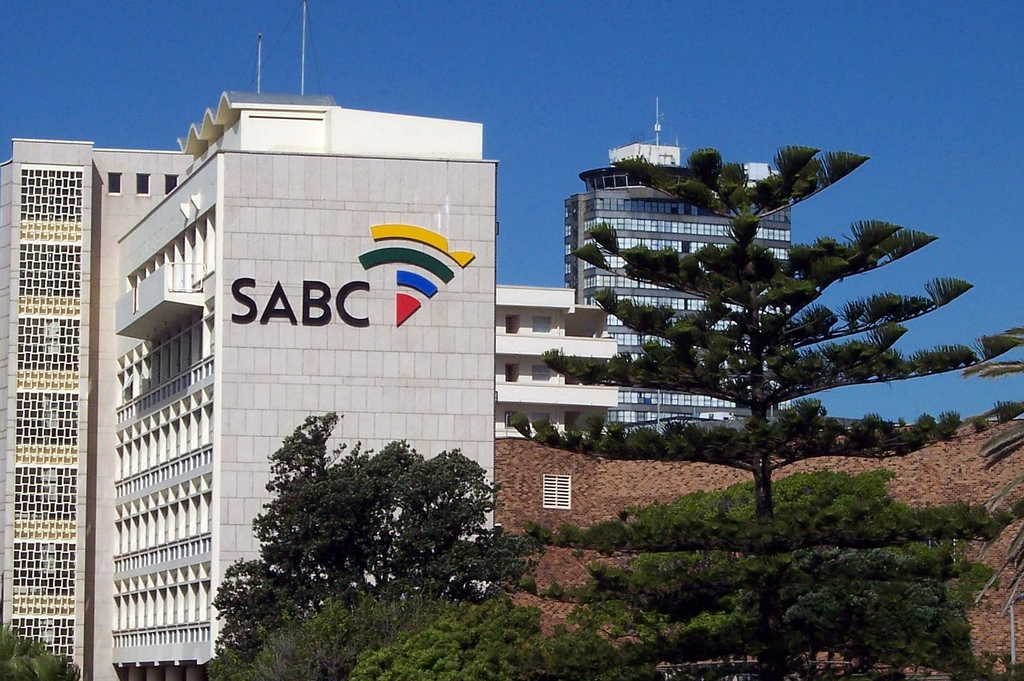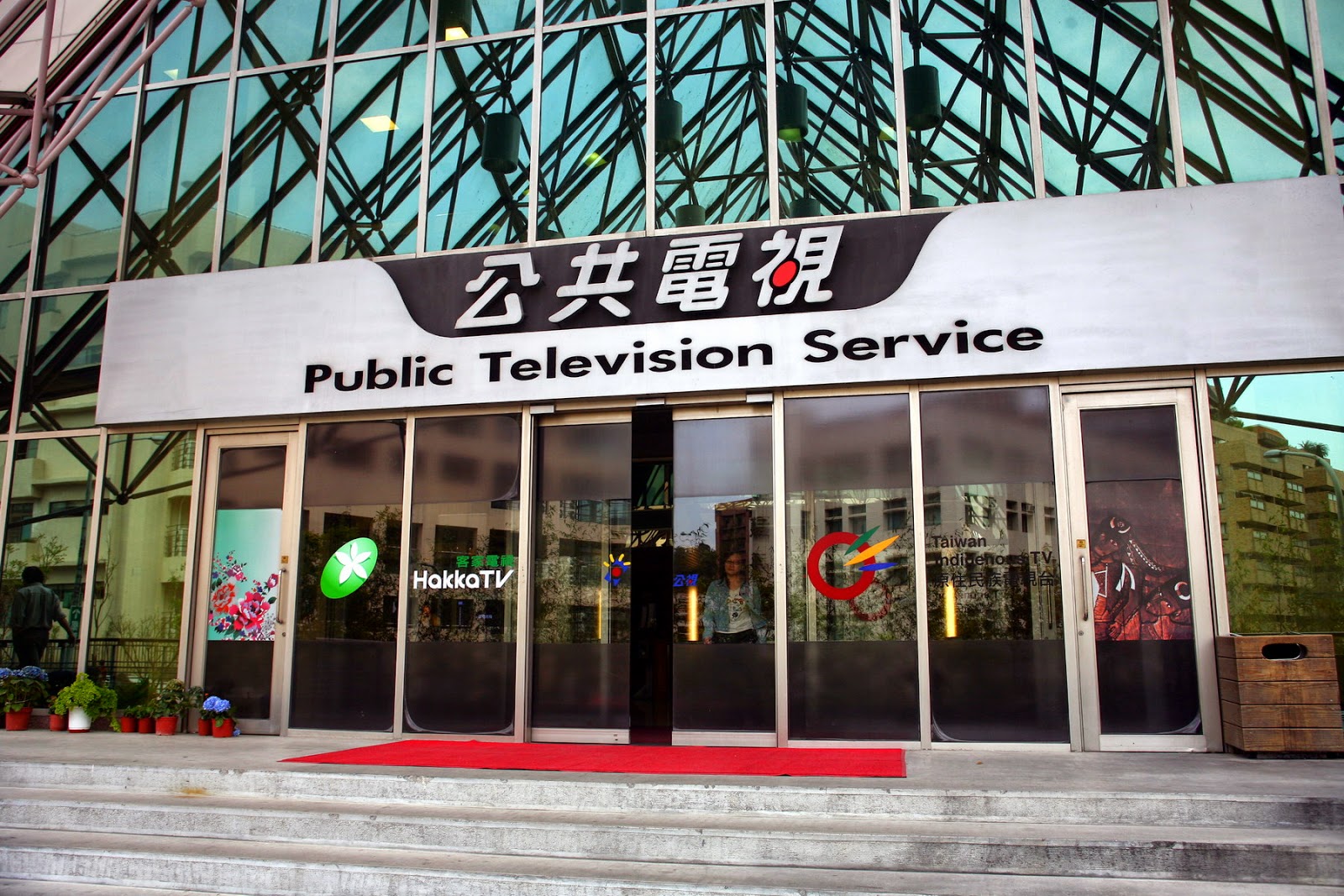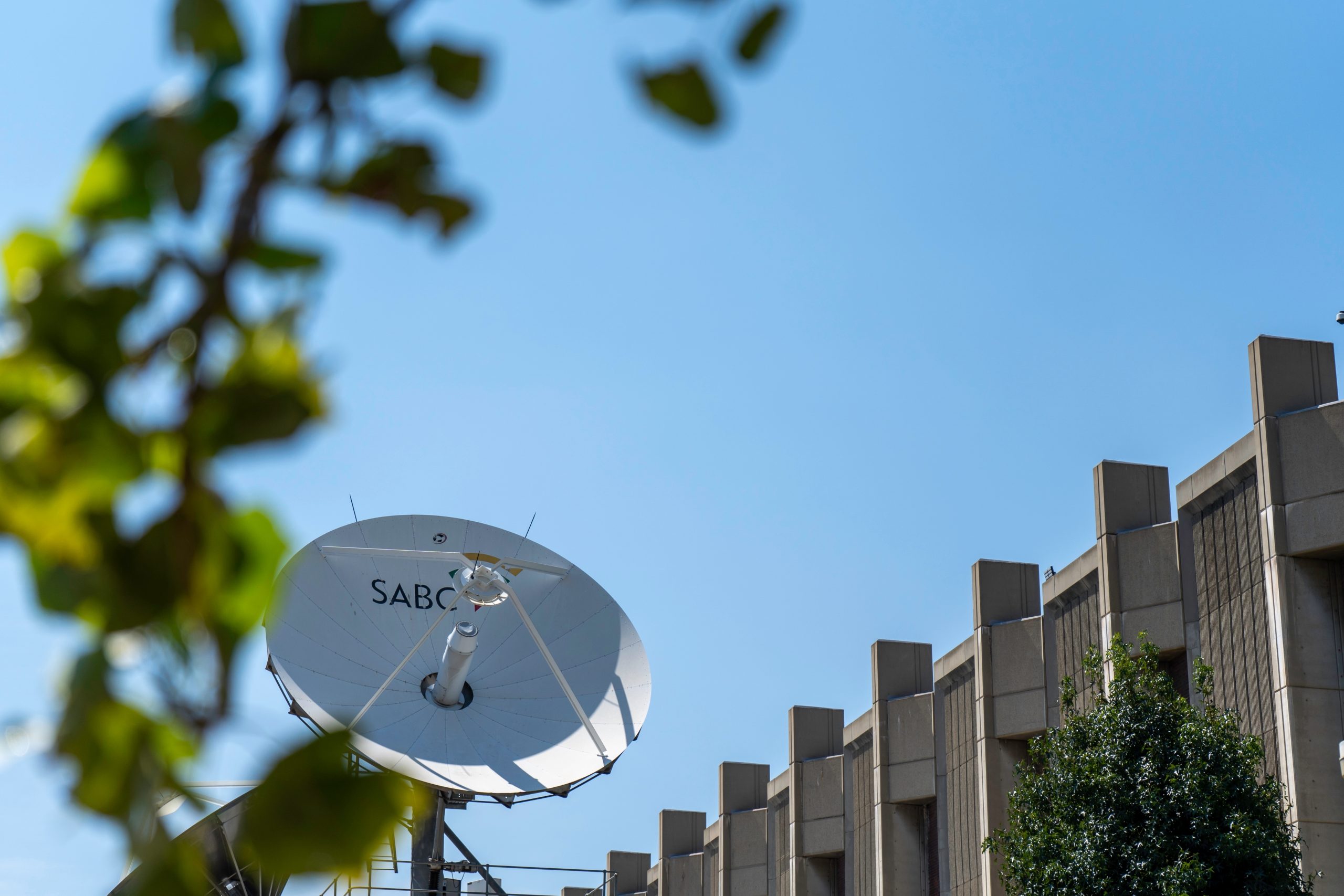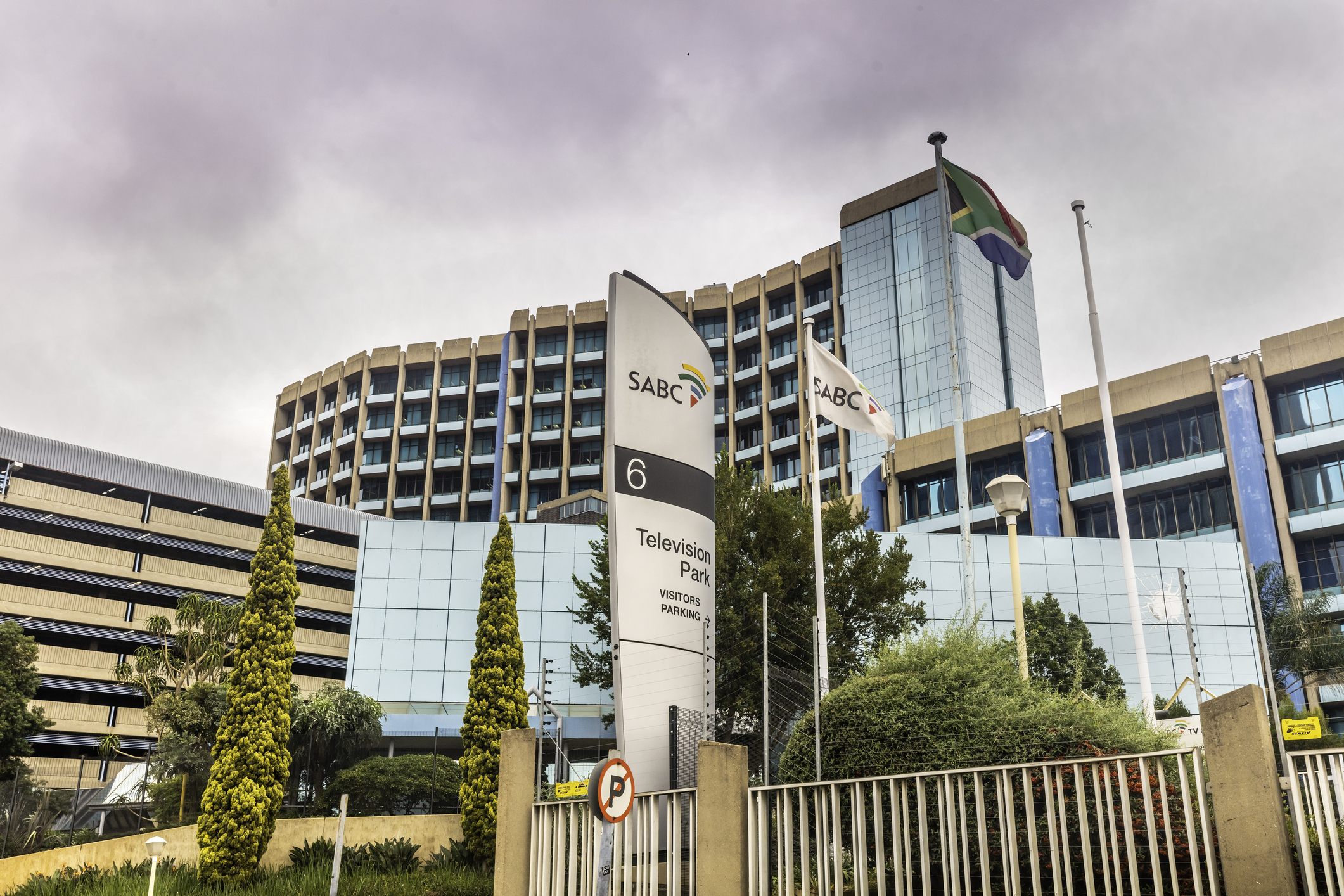SABC rocked by internal scandal; bill continues to face pressure
15th February 2024
Three senior SABC executives have been suspended after an undisclosed profit-sharing agreement came to light.

IN BRIEF:
- Three SABC executives have been suspended after a profit-sharing agreement involving SABC Plus – the broadcaster’s streaming service – came to light.
- Reports say the deal saw the platform’s operator, Discover Digital, receive a 7.5% cut of the profit.
- It comes as opponents to the SABC Bill continue to be vocal over how it will impact the broadcaster and threaten its independence.
- SABC continues to face a challenge financially, ahead of a pivotal election year.
IN FULL:
The South Africa Broadcasting Corporation (SABC) has been rocked by an internal scandal, after City Press reported that three senior executives have been suspended for their role in concealing a profit-sharing scheme worth millions.
It comes as the SABC continues to face significant financial challenges, not least with enormous uncertainty over how exactly the broadcaster will be funded. A bill which suggests replacing the current licence fee with an unspecified alternative model has faced criticism for being “catastrophic and unconstitutional” by media bodies.
Streaming service deal under the microscope
SABC Plus, the public broadcaster’s live streaming platform, was launched in November 2022. The platform was developed and operated by Discover Digital, which scooped the best Public Sector Digital Innovator award for SABC Plus in the 5th Africa Tech Week Awards in May 2023.
However, the terms of the agreement between SABC and Discover Digital is now under scrutiny, due to a 7.5% profit-share agreement, which three members of the SABC executive team were privy to but did not share with the wider team.
Media blogger, Thinus Ferreira, reported that legal advice to the broadcaster said the three did not act in the SABC’s best interests.
According to the legal advice from the law firm, Werkmans, the initial agreement between SABC and Discover Digital – agreed upon by SABC’s executive committee in November 2022 – stipulated that 100% of revenue accrued through SABC Plus would go into SABC’s coffers. But the eventual agreement included the 7.5% profit-share.
“The SABC is as a matter of principle not at liberty to discuss matters pertaining to an employer-employee relationship in the public space,” Mmoni Seapolelo, the SABC spokesperson told TVwithThinus.
Subscribe toour newsletter
Keep updated with the latest public
media news from around the world
SABC already facing funding pressures
SABC’s financial arrangement is already under significant pressure, one of the main causes being the high rate of licence fee evasion. The broadcaster has been forced to rely on government bailouts to remain viable in recent years. The organisation also recently complained about the transmission costs they owed to Sentech, saying the fees are excessive. They are taking the transmission operator to the Competition Court, after mediation failed.
To ensure SABC’s finances are more sustainable and reliable in the future, the government has introduced a new bill which would replace the licence fee with an alternative funding model.
But the bill has been plagued by criticism from the start. A recent submission by three press organisations to the parliamentary committee scrutinising the bill said it would be “catastrophic and unconstitutional”.
One of the main criticisms is the three years it offers to develop an alternative “funding framework”, which given the immediacy of the financial crisis facing SABC, is regarded by many as too far away.
“The new draft bill offers nothing to mitigate or address the SABC’s dire financial status. Instead, it provides for the minister of communications & digital technologies to take three years to develop a funding framework,” said SOS Support Public Broadcasting Coalition, Media Monitoring Africa, and the South African National Editors Forum. “Why wasn’t this done a decade ago? Rather than a solution, this provision sets the SABC up for failure.”
There are also concerns the bill would leave the public broadcaster more vulnerable to political interference, with the Communications Minister receiving additional powers to appoint board members.
The three groups have called for the bill to be withdrawn and reformed.
Some civil rights groups, such as Afriforum, reportedly said they have given up on public media and instead advocated for privatising SABC instead.
An upcoming election
South Africans will head to the polls later this year to elect a new National Assembly. Although the date is not yet confirmed, it must be within 90 days of the current Assembly’s term, which ends in mid-May. This election is being regarded as pivotal for the country, and could see the ANC – which has ruled the country since the end of apartheid in 1994 – garner less than 50 percent of the national vote, leaving it in need of a coalition partner for the first time.
During elections, trusted public service media plays a vital role in providing free and accessible coverage, which is impartial, balanced and nuanced. Strong public media fosters an informed citizenry, able to exercise their democratic right. It produces news and information for all communities within a society. It develops various forms of content packaged and distributed in different ways through different channels.
But to provide this, public service media needs to be sustainably and reliably funded to ensure they can provide such in-depth, varied and crucial information. It also needs to be a trusted institution, which the public understand is independent from the government, and not beholden to vested interests. Instances such as the alleged profit-sharing agreement have the potential to dent such trust.
For the sake of the 2024 election, and future elections, the crisis facing the SABC must be resolved.
Related Posts
12th January 2024
Tensions and election prove a test for Taiwan media
Taiwan is in the spotlight ahead of an…


